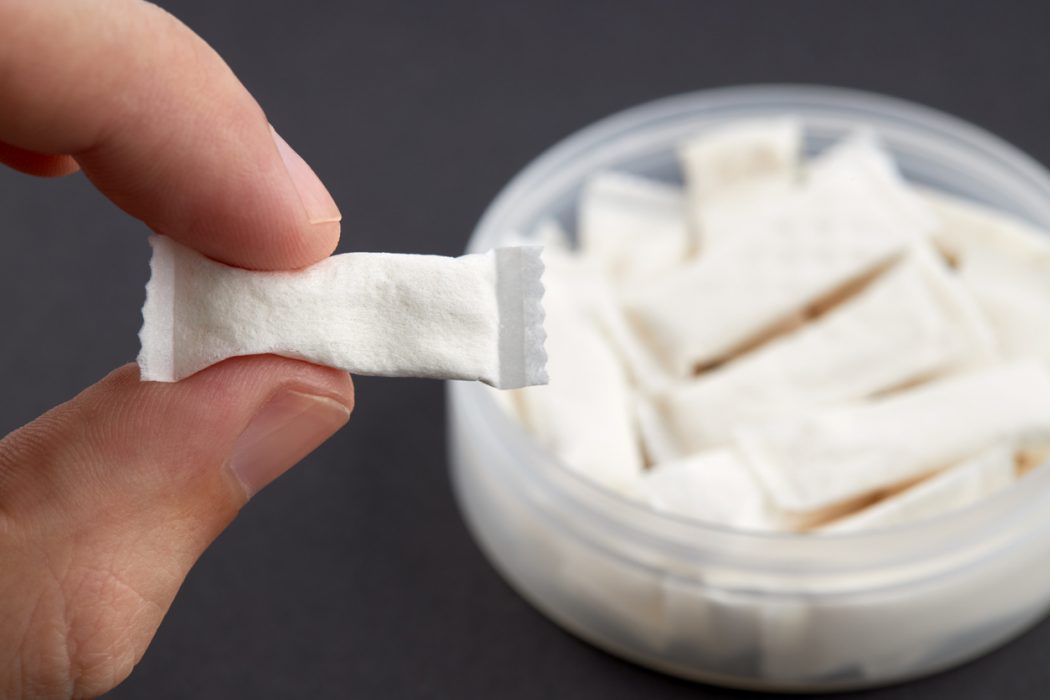Adapting to change: Vape Globe’s Markus Lindblad on 2025’s regulatory shifts and retailer strategies
January 17, 2025

The UK vaping industry has been hit by many changes to regulation in 2024, with more on the cards in 2025. With an evolving regulatory landscape to navigate, Markus Lindblad, from Haypp Group’s vape retail arm Vape Globe, predicts some of the biggest changes to come into effect next year, and what retailers can do to stay ahead of the curve.
The flavour bans
A number of critical issues, such as a potential flavour ban on vapes and nicotine products are still up for debate. The stated aim of a ban is to reduce the attractiveness of alternative nicotine products on the market. Ministers are considering limiting flavours to tobacco, mint, menthol, and fruit. However, we believe this would be a mistake. Research indicates that a range of flavours are important for vape users, particularly those that are using vapes as an alternative to cigarettes. For example, fruit flavours are popular amongst ex-smokers, and research suggests that limiting flavours to mint, menthol, or tobacco would drive many back to cigarettes.

Retailers can play an important role here. The government is rightly concerned that certain types of flavours may encourage underage vaping. Retailers may wish to think about self-regulating the types of flavours they stock. At Haypp, we made the decision not to sell any products whose flavours or product names might be deliberately targeted at underage people.
Opportunity for growth
With the government banning disposable vapes on 1 June 2025, many brands will have to rethink their business model and look at changing the ways they market their products. We are likely to see an increase in popular vape brands releasing a broader range of pod versions of their products. Consumer education is key. In-store retailers should begin educating customers about the alternatives to disposable vapes and encouraging consumers to make the switch now to keep their customers in the future.
Alternative products will rise in popularity
The Tobacco and Vapes Bill, when it becomes law later this year, will probably see a ban on vaping in many public spaces and public buildings. This will generate new interest from consumers for alternative products, such as nicotine pouches or nicotine gums. Research by Haypp Group found that one of the main advantages of switching from smoking or vaping to nicotine pouches is the fact that they are more smoke free and more discreet, and so can still be used in public buildings, on public transport and in public places. These products will be of particular interest to vape users who work with the public or in public spaces.

An increase in black market activity
Whenever a product is banned, naturally, illegal sales rise. This has been seen time and time again throughout history. A percentage of the vapes that are used by underage consumers are also purchased illegally from unscrupulous retailers on the black market. We are sure to see a new black market emerging for the sale of disposable vapes after the ban comes into effect.
New taxation based on levels of harm
In other countries, such as Sweden, taxation on nicotine reflects the levels of harm of the product. This is to encourage consumers towards alternative nicotine products that are less harmful than cigarettes. In fact, in 2024, the Swedish government introduced a 20 per cent reduction in tax on snus—a less harmful nicotine alternative to cigarettes—as part of revised tobacco tax policies. This is to help consumers to understand which nicotine products are most harmful, allow them to make an informed choice, and to encourage them to choose the less harmful options. The UK government, as part of their smoke free future strategy, should commit to such an approach.
